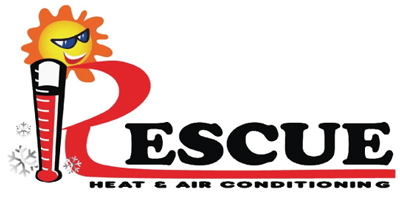
We spend lots of time inside. As a matter of fact, the Environmental Protection Agency (EPA) has estimated being within a building comprises 90% of our schedule. Although, the EPA also has found your indoor air can be three to five times dirtier than outdoors.
That’s since our houses are securely sealed to boost energy efficiency. While this is great for your energy bills, it’s not so fantastic if you’re amid the 40% of the population with respiratory allergies.
When outdoors ventilation is restricted, pollutants including dust and volatile organic compounds (VOCs) can get stuck. Consequently, these pollutants might irritate your allergies.
You can enhance your indoor air quality with clean air and usual dusting and vacuuming. But if you’re still struggling with symptoms when you’re at your residence, an air purifier could be able to provide assistance.
While it can’t get rid of pollutants that have gotten trapped in your furnishings or flooring, it could help clean the air circulating throughout your residence.
And air purification has also been scientifically proven to help lower some allergic symptoms, according to the American College of Allergy, Asthma and Immunology. It might also be useful if you or a loved one has a lung condition, like emphysema or COPD.
There are two models, a portable air purifier or a whole-home air purifier. We’ll discuss the differences so you can determine what’s right for your house.
Whole-House Air Purifier vs. Portable Air Purifiers
A portable air purifier is for a lone room. A whole-house air purifier accompanies your heating and cooling system to purify your complete residence. Some types can clean by themselves when your home comfort system isn’t running.
What’s the Best Air Purifier for Allergies?
Go after an option with a High Efficiency Particulate Air (HEPA) filter. HEPA filters are installed in hospitals and offer the best filtration you can buy, as they eliminate 99.97% of particles in the air.
HEPA filters are even more powerful when combined with an ultraviolet (UV) germicidal light. This powerful blend can wipe out dust, dander, pollen and mold, all of which are common allergens. For the greatest in air purification, evaluate a system that also has a carbon-based filter to eliminate household vapors.
Avoid using an air purifier that generates ozone, which is the primary ingredient in smog. The EPA cautions ozone may irritate respiratory issues, even when discharged at small concentrations.
The Allergy and Asthma Foundation of America has created a listing of questions to consider when purchasing an air purifier.
- What can this purifier remove from the air? What doesn’t it remove?
- What’s its clean air delivery rate? (A better number means air will be purified faster.)
- How regularly does the filter or UV bulb need to be replaced]? Can I complete that on my own?
- How much do replacement filters or bulbs cost?
How to Lessen Seasonal Allergy Symptoms
Want to get the {top|most excellent|best] performance from your new air purification system? The Mayo Clinic advises taking other steps to decrease your exposure to things that can trigger seasonal allergies.
- Stay indoors and keep windows and doors shut when pollen counts are heightened.
- Have other household members cut the lawn or pull weeds, since this work can aggravate symptoms. If you must do these jobs on your own, consider trying a pollen mask. You should also bathe without delay and change your clothes once you’re completed.
- Avoid hanging laundry outside your home.
- Turn on air conditioning while at home or while you’re on the road. Consider installing a high efficiency air filter in your house’s HVAC equipment.
- Even out your residence’s humidity levels with a whole-house dehumidifier.
- Hardwood, tile or linoleum are the suggested flooring types for lowering indoor allergens. If your residence has carpet, install a HEPA filter on your vacuum cleaner.
Let Our Professionals Manage Your Indoor Air Quality Necessities
Ready to take the next step with adding a whole-house air purifier? Give our professionals a call at 361-265-4371 or contact us online to request an appointment. We’ll help you choose the best unit for your house and budget.
